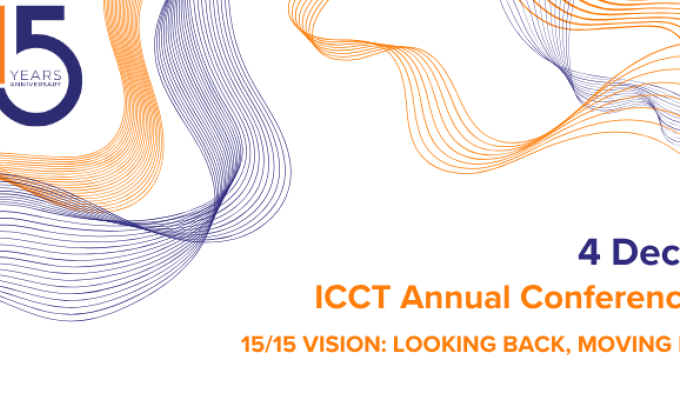This policy brief builds on the arguments made in the ICCT policy brief ‘The Expanding Use of Administrative Measures in a Counter-Terrorism Context Part I – In need of rule of law safeguards’. The focus points in that policy brief were related to the importance of ensuring a criminal justice approach with better protection for the suspect is not an option, the way human rights and rule of law safeguards need to be respected when making use of administrative measures in a counter-terrorism context, and the relevance of monitoring the impact and effectiveness of the measures.
In this policy brief, we will zoom in on the gender and age-sensitive considerations that need to be taking into account when assessing the impact and henceforth the adequacy, proportionality and effectiveness of the measures on the targeted individual, as well as on his or her direct social circle. We will furthermore elaborate on the importance of monitoring the effectiveness of the specific measures and the evaluation of the legitimacy and effectiveness of the mechanism of administrative measures as a whole.
This policy brief is the second in a two-part series. Both policy briefs are a result of a two year project, in which the authors have developed the GCTF Glion Recommendations and organised four series of online workshops for participants from different regions. The policy briefs are based on consultations and input from a broad range of practitioners, and views and opinions expressed in this policy brief are those of the authors.
Photocredit: Alex Linch/Shutterstock









